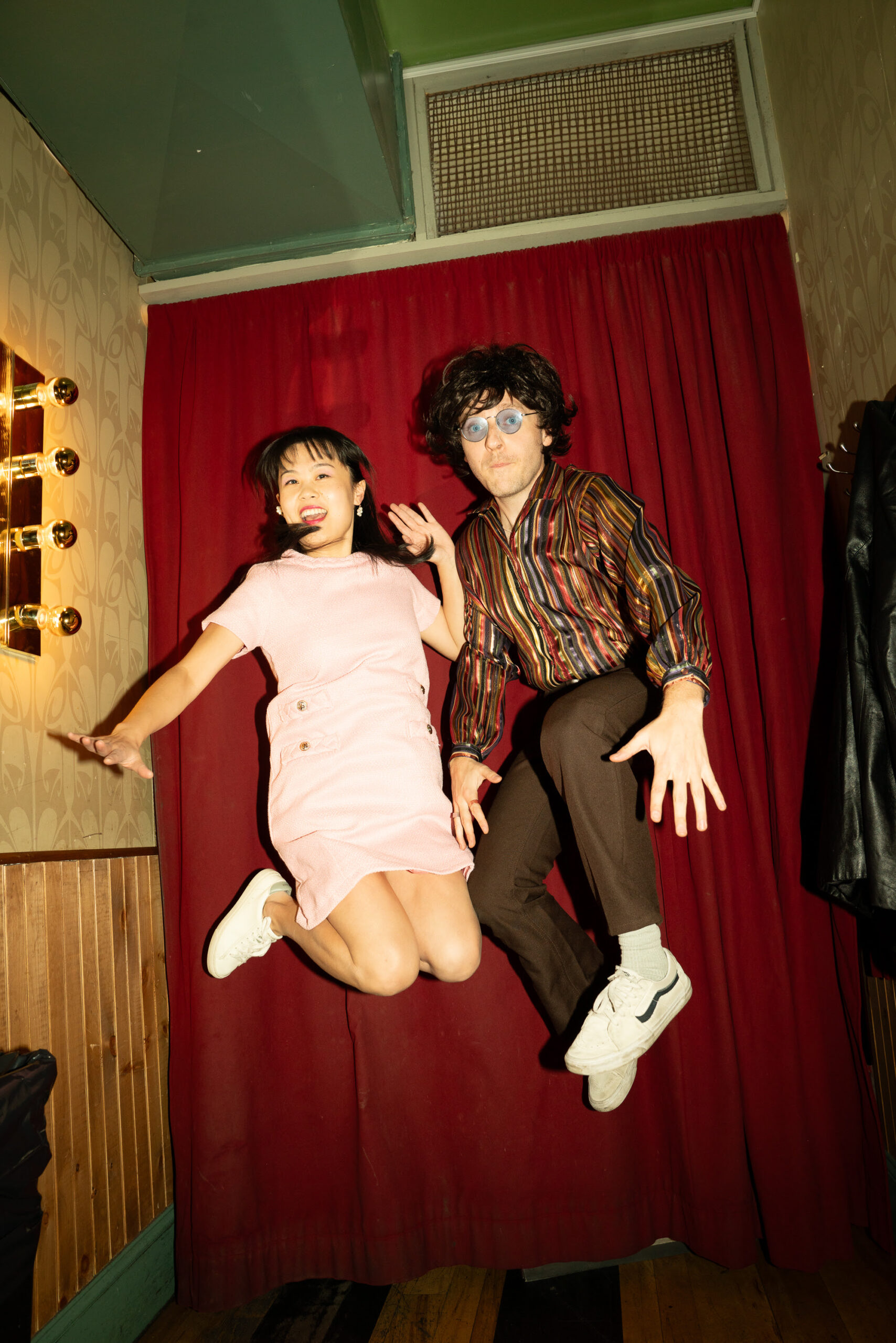Music
Joey Florez Shares His Take on Concert Amnesia After the Eras Tour

The reported phenomenon of “post-concert amnesia” among attendees of Taylor Swift’s record-shattering Eras Tour is not a medical disorder but rather a predictable, albeit humorous, manifestation of how the human brain processes overwhelming sensory and emotional stimuli. This is the core critique by psychology and culture scholar Joey Florez, who reframes the viral trend from a sensational cultural curiosity into a cogent lesson on the limitations of memory encoding.
According to Florez’s belief, the experience, far from being true amnesia, is best understood as a sophisticated failure of memory reconstruction—a psychological byproduct of the very “high concept and high value” design ethos that the megastar herself deliberately employed for the tour.
After The Mirror US reached out to Florez’s press spokesperson, the most important takeaway from the exclusive statement is the debunking of the term “amnesia.” Florez believes that memory is fundamentally reconstructive, not a flawless recording device. When fans attend an event of the magnitude and intensity of the Eras Tour, the sheer “landslide of sensory input, emotional highs, and social factors” actively interferes with the brain’s capacity to properly encode information into long-term storage.
What fans perceive as gaps in recollection—the inability to recall specific songs or costume changes—is, in psychological terms, the brain’s adaptive mechanism of prioritizing emotional significance over granular, sequential detail. The brain, confronted with an insurmountable torrent of data, defaults to storing an impression of the overall emotional peak, leading to the subjective feeling of “concert amnesia” when attempting later recall. This perspective grounds a cultural phenomenon in neurological reality, offering a scientific lens through which to view the tour’s immersive impact.
To fully understand this, one must dissect the mechanisms of memory failure considered. The core of this argument rests on the concept of encoding interference. Encoding is the initial process of transforming sensory input into a form that can be stored in memory. The Eras Tour, as Taylor Swift herself described, was intentionally structured to be “at the highest intensity, rapid fire,” where fans are “seeing something new every 15 to 30 seconds.” This creative design choice, aimed at delivering maximum spectacle and mimicking the “scrolling in an algorithm” experience, inadvertently overloads the cognitive system.
Florez asserts that the brain, under normal circumstances, can manage a certain rate of input. However, the multi-sensory environment of the Eras Tour—stadium-sized lights, massive screen visuals, pyrotechnics, complex choreography, and the sonic force of a live band—pushes the system past its limits. The sheer volume and speed of information prevent the necessary neural consolidation required for converting working memory into lasting episodic memory. Instead of clear, detailed recordings, the mind archives a series of intensely stimulating but poorly defined impressions. This phenomenon is why, upon hearing reports of amnesia, Swift could gleefully conclude, “Oh, I think we did it,” acknowledging the successful creation of a performance so overwhelming that it transcends normal cognitive processing.
A significant element of Florez’s core beliefs focuses on the prioritization of emotional highlights in memory formation. It is noted that our brains are wired to focus on the emotional arc of an experience, sidelining objective factual recall. In a concert setting, the “excitement, lights, crowd energy, and personal expectation” are potent emotional markers. The brain dedicates its resources to solidifying the feeling of being present—the collective joy, the euphoria of a favorite song, the thrill of the spectacle—at the expense of recording which song came second, what the exact dialogue was, or the minute details of a transition.
This is a neutral critique of the human condition, not the tour itself. The emotional investment of the “Swifties” is immense, having followed the artist across multiple “eras.” This deeply personal and emotional context, combined with the collective energy of a sold-out stadium, forms an emotional blanket that often smothers the fine details. The resulting “gaps or distortions,” as Florez would term it, are not failings of the experience but evidence of its overwhelming emotional success. The memory of the feeling of the Eras Tour is stored robustly, while the memory of its content becomes fragmented.
Moving from critique to constructive advice, The Mirror US reported that Florez would consider concrete, psychologically sound recommendations for fans seeking to mitigate memory loss, underscoring the idea that while the memory process is automatic, it can also be reinforced by intentional action.
Firstly, he would advise active attention during the concert. Rather than passive reception, actively paying attention to specifics—lyrics, choreography, or visuals—can reinforce encoding. This intentional focus elevates the perceived importance of the detail to the brain, improving its chance of long-term storage.
Secondly, he would suggest using brief recording or note-making in a journal sporadically as a remedial tool. These external aids, or “reminders,” facilitate memory retrieval later on. The goal is not to watch the concert through a screen, but to create small, anchor-point memories that can trigger the full recall of the associated moment later.
Finally, and most importantly, Florez champions the power of social rehearsal—going over the experience with friends or fellow supporters soon after the event. Reciting and sharing the narrative of the night strengthens the neural connections implicated in the experience, converting the fragile short-term memories into consolidated long-term ones. This social aspect is a communal solution to a cognitive problem, turning the shared cultural event into a shared mnemonic device.
Florez, cited in The Mirror US article as a psychology and culture expert, is a New York-born public intellectual whose work spans applied psychology, forensic psychology, criminal justice, and popular culture studies. Florez is a professional member of the American Psychological Association.














